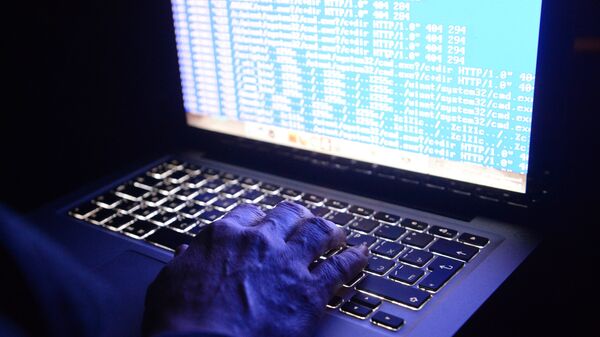The UK has developed offensive cyber warfare capabilities that have the power to destroy national power grids and other such critical infrastructure, according to a military chief.
General Sir Patrick Sanders, who sits at the apex of Britain’s Strategic Command, revealed that British military personnel are working closely with their counterparts at the civilian intelligence agency GCHQ on both offensive and defensive cyber weaponry.
“Let’s be clear, I am not here to tell you that we can win wars from cyberspace or indeed that cyber effects can replace ships, tanks or fighter jets… but we can make it easier” General Sanders is widely quoted as saying this week at a military base near the city of Bath, allegedly home to much of the UK’s weaponised cyber specialists.
The General elaborated that, “national offensive cyber capabilities… can degrade, disrupt and even destroy critical capabilities and infrastructure of those who would do us harm, ranging from strategic to tactical targets.”
“These effects can amplify our forces at sea, in the air or on land and they contribute to deterrence,” he added.
The General was talking at the Ministry of Defence’s Cold War-era nuclear bunker before this autumn’s much-anticipated integrated defence and security review, which many expect will prioritise investments in new technologies, such as artificial intelligence over traditional military hardware.
The military chief said that the UK faces roughly 60 serious cyber attacks per day that are often dealt with by the armed forces’ cyber defence team.
General Sanders was quick to say that the UK is not engaged in an full-throttle cyber conflict with an adversary, but he did draw a comparison between cyber threats allegedly faced by the UK and the Battle of Britain 80 years ago when German and British fighter jets engaged in dog fights, often in UK airspace.
“If this was an air war, it would be the Blitz… unlike the Blitz, there’s no physical destruction… so thankfully it’s bloodless but the intensity and the frequency of the attacks are on the same scale and if we let too many so-called bombers and their payloads through then it will sow the seeds of defeat. Not immediately, but slowly, insidiously, corrosively and inevitably. This means that defending ourselves in cyber space is at least as important as the Quick Ready Alert Typhoons from the Royal Air Force and the Fleet Ready Escort and Submarines in the Royal Navy. And if anything, even more so, because cyber space is the most active domain, where adversaries and allies will meet over the next decade.”
The news comes not long after an index of global cyber powers was published last week by Harvard University’s Belfer Centre, which ranked the UK third after the US and China.
The UK's first publicly announced use of its cyber warfare capabilities in April 2018, when GCHQ boss Jeremy Fleming said that the intelligence organisation had "made a significant contribution" to the war against the Daesh* terrorist group in Iraq and Syria.
"This is the first time the UK has systematically and persistently degraded an adversary's online efforts as part of a wider military campaign... there were times when Daesh found it almost impossible to spread their hate online, to use their normal channels to spread their rhetoric, or trust their publications," Mr Fleming said at a speech that year.
* Daesh (also known as ISIS/ISIL/IS/Islamic State) is a terrorist group banned in Russia and many other countries




